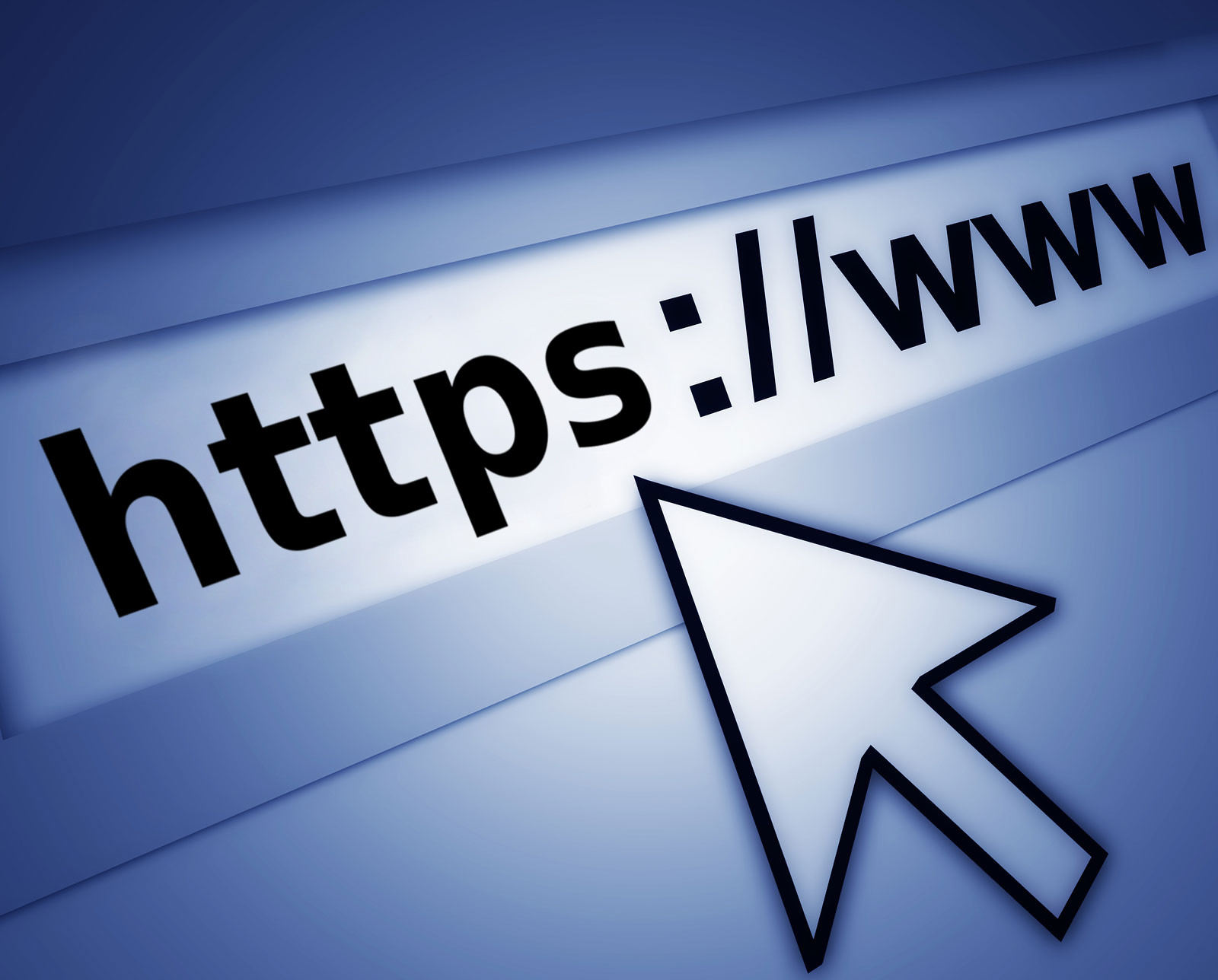Posted On 20 Jul 2021
When you visit a website and a padlock appears on the left-hand side of your browser’s address bar, that means that the website is secure, and consequently all the data you send to the website or receive from it will be encrypted. This is indicated by the letter S for “secure” on the end of https. Originally this protocol was only employed by e-commerce websites dealing with credit card and other financial information, to prevent hacking, but increasingly experts recommend that every website should consider using https.
One reason for this is that not using https may make your website look dangerous, even if it isn’t. From October 2017, Google Chrome began displaying a warning to users that a website was not secure if they tried to enter any data, even if it was just a product search; from 2018, Chrome has displayed a not secure warning as soon as the visitor lands on a non-https page. Even if you know your site is perfectly safe, visitors may well be frightened away by these warnings.
In addition, Google has been using https as one of the factors that rank website appearances using their search algorithm; although Google is secretive about exactly how its algorithm works, experts believe that it has recently been weighted more heavily in favor of https sites, so if you want to gain a good place in the search rankings, you need it on your website.
The best reason for having https for your website is the way visitors perceive your site. Even if you are never going to ask for any financial information or personal details, visitors feel reassured when they see the padlock showing that your site is secure, and if they don’t see it they are more likely to go elsewhere for their goods or services.
If you are considering installing https it’s a relatively simple process, although it’s not free. Firstly you will need an SSL (Secure Socket Layer) certificate; this should cost you around $10 per year, or a number of webhosting companies will provide it for free. Installing this certificate on your website and configuring it is really a job for a professional; it should only cost around $250 and will guarantee that there are no errors that could affect your appearance in search rankings. Once your site has been converted to https, you or your chosen developer needs to notify Google of the fact so that they can change your indexing and help you reach those desirable top spots in the rankings.









